The Middle East’s duty-free sector is undergoing a quiet revolution, driven by the evolving preferences of Chinese travelers. As one of the fastest-growing outbound tourist demographics, Chinese visitors are reshaping retail strategies across Dubai, Doha, and other regional hubs. Their spending habits—marked by a blend of luxury cravings and digital savviness—are compelling airports and downtown免税店 to rethink everything from product assortments to payment systems.
A Shift Beyond Traditional Luxury
Gone are the days when perfumes and gold alone could captivate Chinese shoppers. While high-end cosmetics and watches still dominate carts, there’s a palpable hunger for region-exclusive items. Dates infused with saffron, camel milk chocolates packaged in Arabic calligraphy, and limited-edition oud collections now share shelf space with Louis Vuitton. This isn’t just about souvenirs; it’s a quest for authenticity that aligns with China’s "consumption upgrade" trend—where experiential value outweighs logo prestige.
Doha’s Hamad International Airport recently introduced Ramadan-themed beauty kits six months ahead of the festive season, anticipating pre-holiday gifting surges. Meanwhile, Dubai Duty Free has partnered with local designers to launch abaya-clad Barbie dolls—a nod to both cultural pride and the collectibles craze on Xiaohongshu. Such innovations reflect a deeper understanding: the modern Chinese traveler views shopping as cultural exploration.
The Silent War of Payment Ecosystems
Alipay and WeChat Pay logos now glow as prominently as Visa signage in Middle Eastern免税店, but the real battle lies beneath the surface. Behind every QR code scan, retailers are wrestling with data localization mandates and currency conversion algorithms. Abu Dhabi’s duty-free operators have begun offering dynamic currency conversion at checkout—displaying prices in real-time RMB to eliminate mental math friction. More crucially, they’re integrating mini-programs that allow pre-ordering via WeChat, circumventing China’s strict foreign exchange controls by settling transactions within the Great Firewall.
This digital bridge comes with pitfalls. A Dammam Airport retailer recounted how a promotional campaign offering "red envelope" discounts via WeChat backfired when the AI-generated designs used inauspicious shades of red. Such missteps underscore the need for hyper-localized digital strategies beyond mere payment acceptance.
Personalization at Scale
Facial recognition tech at Bahrain’s duty-free outlets now identifies returning Chinese customers within three seconds, triggering customized offers on their preferred product categories. But the true game-changer is the marriage of Middle Eastern hospitality norms with China’s social credit ethos. Top-tier spenders from Alipay’s "Diamond Tier" automatically receive VIP lounge access and personal shoppers—a privilege traditionally reserved for Gulf royalty. This tiered recognition system taps into the Chinese psyche where status visibility is paramount.
Yet anonymity remains a dealbreaker. Unlike Western travelers who might trade data for discounts, Chinese tourists demand discreet service. Stores in Muscat have adopted a hybrid approach: AI tracks inventory preferences while human staff feign ignorance until shoppers initiate contact—a delicate dance between high-tech and high-touch.
The New Frontier: Suburban Chinese
While tier-1 city elites still dominate spending charts, a quiet disruption emerges from China’s lower-tier cities. Kunming and Wenzhou travelers exhibit 23% higher spend-per-capita on halal-certified skincare than their Shanghai counterparts—a statistic that prompted Riyadh’s免税店 to overhaul their inventory. These shoppers prioritize functional benefits over brand heritage, sparking a surge in demand for argan oil hair treatments and date-based supplements.
Language barriers are crumbling too. Instead of generic Mandarin signs, Jeddah’s retail staff now memorize regional Chinese dialects. A sales associate noted how switching from Putonghua to Wenzhounese doubled conversion rates among Zhejiang province tourists. Such micro-adjustments reveal how granular the adaptation has become.
The Middle East’s duty-free industry isn’t just accommodating Chinese tourists—it’s mirroring their paradoxical blend of global sophistication and local nostalgia. As one Dubai retailer whispered while restocking Sichuan-pepper-infused chocolates: "We’re not selling products anymore. We’re selling the thrill of finding home in a foreign land."
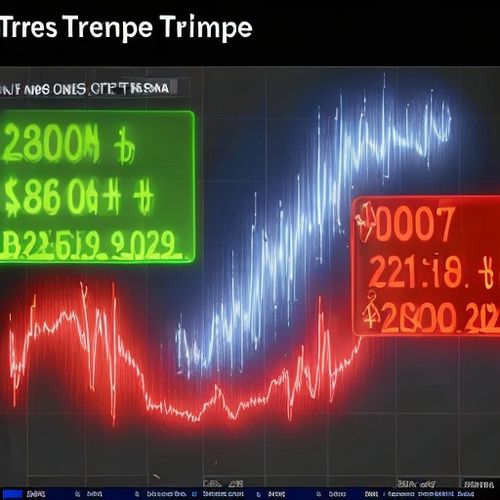
By Sarah Davis/Apr 7, 2025

By Samuel Cooper/Apr 7, 2025
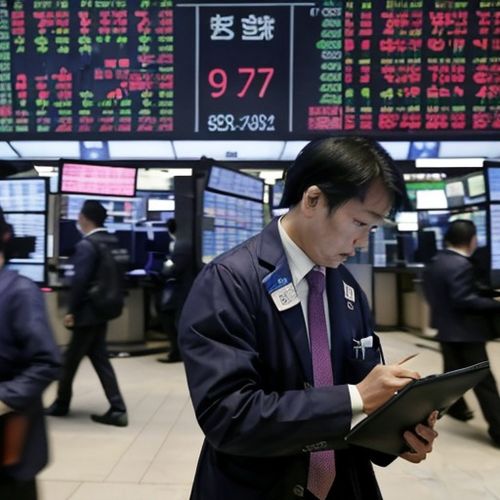
By Grace Cox/Apr 7, 2025

By Thomas Roberts/Apr 7, 2025

By Olivia Reed/Apr 7, 2025

By Daniel Scott/Apr 7, 2025

By Megan Clark/Apr 7, 2025

By Samuel Cooper/Apr 7, 2025
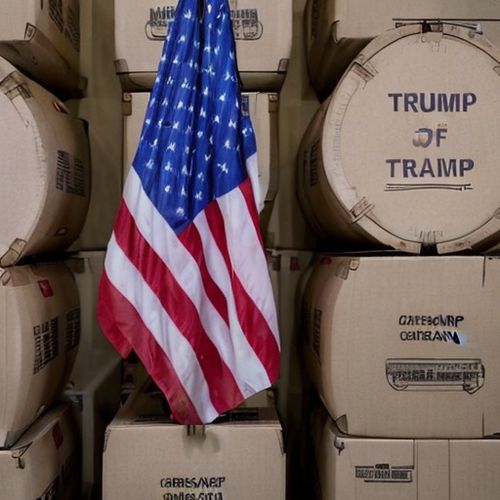
By William Miller/Apr 7, 2025

By John Smith/Apr 7, 2025

By Samuel Cooper/Apr 6, 2025
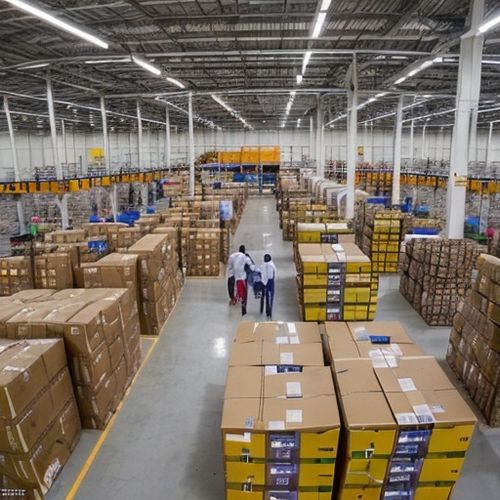
By Lily Simpson/Apr 6, 2025
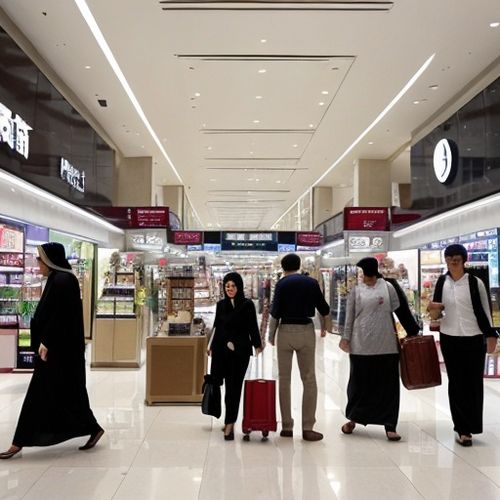
By Daniel Scott/Apr 6, 2025

By Grace Cox/Apr 6, 2025

By Olivia Reed/Apr 6, 2025

By Emma Thompson/Apr 6, 2025

By Rebecca Stewart/Apr 6, 2025